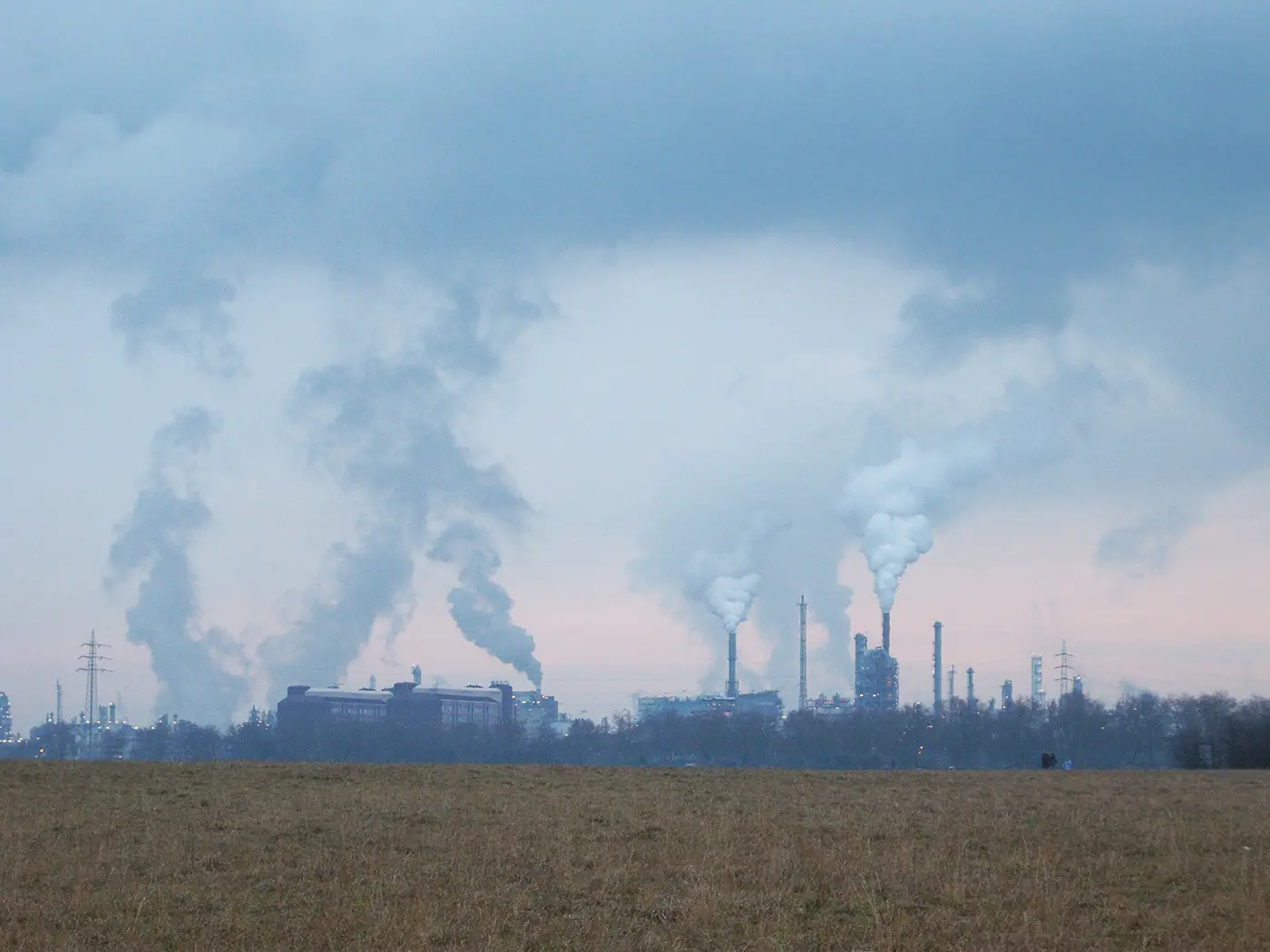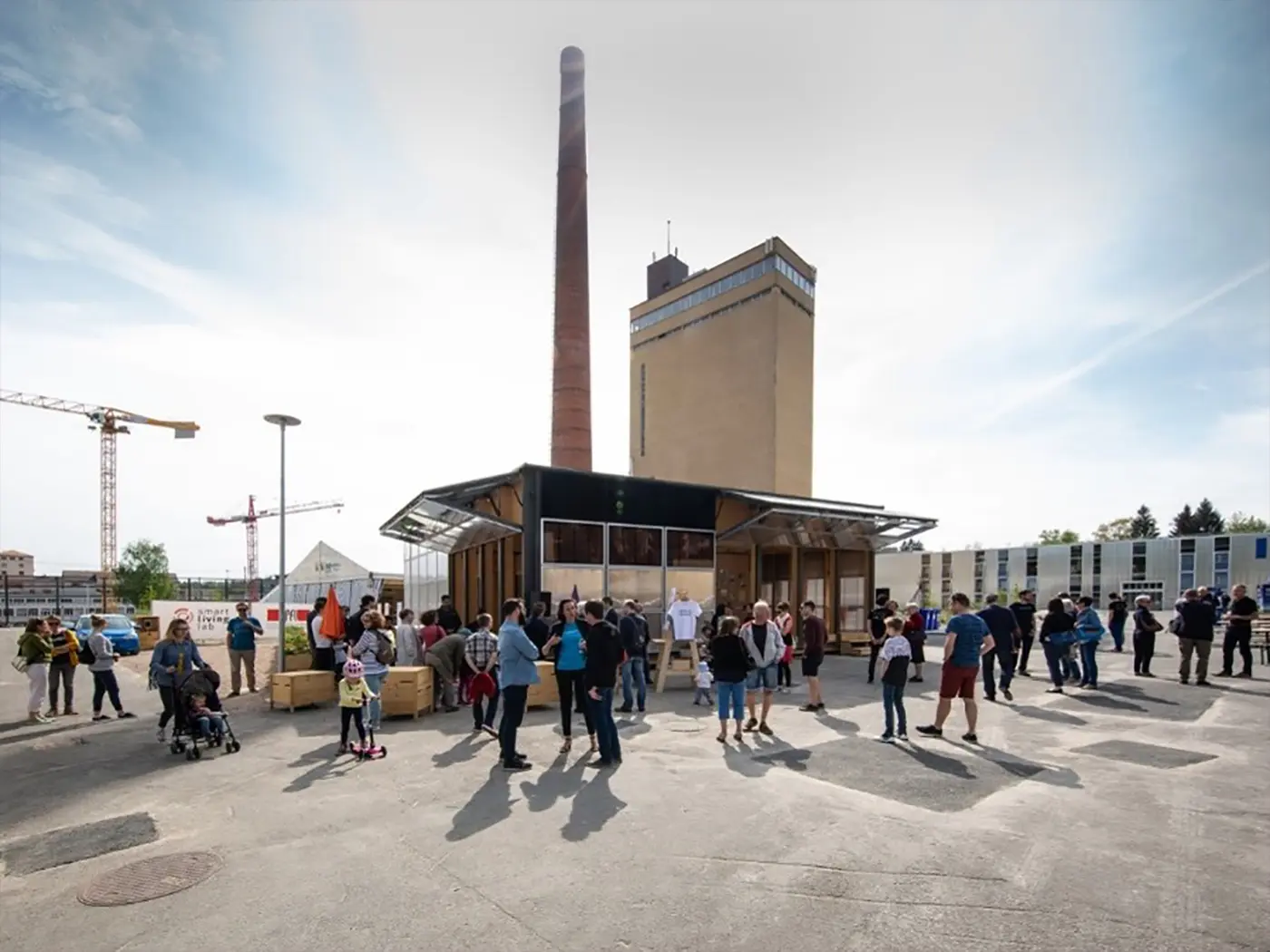ZHAW researchers are involved in the restructuring of national and international energy systems and are working closely with authorities, companies and NGOs. Their work is characterised by the linking of scientific quality with specific application cases. The ZHAW Energy Research Board (ZERB) coordinates these activities and is available as a point of contact.
The energy transition necessitates innovations in the areas of technology, business, politics and communication. This is demonstrated by the progressive linking of consumption and production, the requirements of market liberalisation, the challenges posed by climate change and Switzerland’s “Energy Strategy 2050”. At the ZHAW, researchers from a wide array of disciplines are working closely with authorities, companies and NGOs in order to develop networked and viable solutions to tackle the complex challenges of the energy transition. The ZHAW is one of Switzerland's leading universities in the field of energy research. For example, it is represented in all of the interdisciplinary research teams in SWEET (SWiss Energy research for the Energy Transition), the new national energy research programme organised by the Swiss Federal Office of Energy. SWEET replaces the long-standing SCCER (Swiss Competence Center for Energy Research) energy research programme of Innosuisse, as part of which the ZHAW conducted research as the co-leading house of the SCCER Competence Center for Research in Energy, Society and Transition (CREST). Thanks to its involvement in national research programmes and professional associations, the university is well networked in the area of energy research and practice.
Services of the Energy Research Board
The ZHAW Energy Research Board (ZERB) is an inter-School body that bundles research activities. ZERB makes the results and potential of energy research visible and mediates between interested parties from outside the university and ZHAW research groups. This shortens the pathway between the identification of relevant problems and the development of excellent solutions.
- Non-binding initial discussions with ZHAW energy researchers (getting to know one another, problems, service portfolio, forms of partnership and the promotion of innovation)
- Placement of external project requests within the network of energy researchers at the ZHAW
- Inviting of ZHAW energy researchers to provide input presentations at management, specialist, industry and employee events
- Inviting of ZHAW energy researchers to management workshops on specific problems with the aim of developing specific questions for R&D and exploring possibilities for transdisciplinary projects
- Involvement of ZHAW energy researchers in evaluation and project development processes (project consulting and support)

“We are happy to mediate between interested parties and ZHAW research groups. We look forward to hearing from you.”
Armin Eberle, Head of the ZHAW Energy Research Board
SWEET energy research programme
The ZHAW is represented in all interdisciplinary research teams in the new SWEET energy research programme organised by the Swiss Federal Office of Energy. Working in the following transdisciplinary and interdisciplinary consortia, the ZHAW researchers are now seeking solutions for restructuring the Swiss energy system:
Improving the efficiency of the renewable energy system
The “PATHFNDR” project identifies and develops transition pathways so that considerably more renewable energy sources can be integrated into the Swiss energy system. Focus is placed on the use of technologies that increase flexibility and sector coupling. The aim of the project is to demonstrate feasible pathways, provide planning and operation tools, conduct pilot and demonstration projects, identify new business opportunities and innovation strategies and analyse potential political measures.
Integration of decentralised renewable energies in the energy system

In the “EDGE” project, the focus is placed on the role of decentralised, renewable energy sources such as photovoltaics, wind and biomass from local sources in conjunction with existing hydropower and new storage possibilities. Particular attention is paid to social and technical interdependencies, which are very different in Swiss cities, the Central Plateau and in the Alps.
Using renewable energies for heating and cooling

The aim of the “DeCarbCH” is to decarbonise the cooling and heating of buildings in just a few decades, while also laying the foundation for negative CO2 emission technologies. The primary objective is to facilitate and accelerate the use of renewable energies – in industry, services and buildings – without any additional risks.
Sustainability of a resilient energy system

The aim of the “SURE” project is to help highlight the interdependencies between the different dimensions of sustainability and resilience and to illustrate the trade-offs between competing objectives with respect to a sustainable and resilient transformation of the energy sector. Ultimately, recommendations and guidelines for political decision-makers, technology developers and businesses are to be produced to enable them to gear their strategies towards a more sustainable and resilient energy future.
Decarbonisation of Switzerland

The aim of the “LANTERN” project is to develop energy solutions that contribute to making Switzerland carbon-free. In so-called real laboratories, concrete solutions are being developed for and with citizens. Using open innovation, the objective is to identify how energy consumption can be reduced and resources can be managed in an optimal manner.
Reducing energy consumption and improving quality of life

The “SWICE” project consortium is aiming to reduce energy consumption in Switzerland by developing sustainable systems that are geared towards people’s needs and well-being. In doing so, it takes account of new forms of living and working, changed leisure and mobility behaviour as well as other business models, with the objective of ensuing that its measures aimed at achieving climate goals gain broader social acceptance.
Projects
Unfortunately, no list of projects can be displayed here at the moment. Until the list is available again, the project search on the ZHAW homepage can be used.
News
Events
No events available.
Members of the Energy Research Board
Armin Eberle, School of Engineering, Head of ZERB
Markus Hackenforth, School of Applied Psychology
Anke Kaschlik, School of Social Work
Christian Meier, School of Architecture, Design and Civil Engineering
Matthias Stucki, School of Life Sciences and Facility Management
Peter Stücheli-Herlach, School of Applied Linguistics
Christian Winzer, School of Management and Law